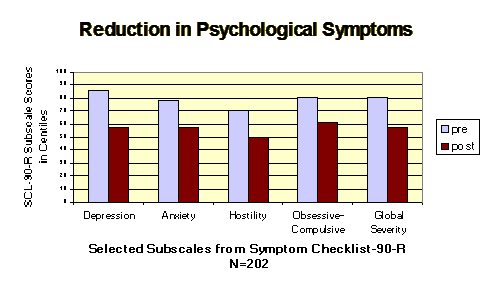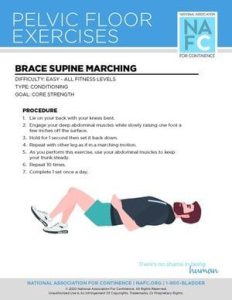The role of mindfulness in reducing PMS symptoms

For many women, Premenstrual Syndrome (PMS) can be a challenging time of the month. From physical discomfort to emotional turbulence, the symptoms of PMS can significantly impact a woman’s daily life. While conventional treatments like painkillers or hormonal interventions exist, there is a growing awareness of the benefits of incorporating mindfulness practices into the management of PMS symptoms. This article explores the potential role of mindfulness in reducing and alleviating PMS symptoms, offering women a more holistic approach to their well-being.
The Mind-Body Connection
Understanding the mind-body connection is crucial when discussing the impact of mindfulness on PMS symptoms. Emotional and psychological factors can contribute to the severity of PMS symptoms. Stress, anxiety, and depression can all amplify the physical discomfort experienced during this time. Mindfulness techniques, such as meditation and deep breathing exercises, can help women cultivate a greater sense of awareness and control over their emotions, reducing the negative impact on their physical well-being.
Cultivating Self-Compassion
PMS symptoms often bring about feelings of frustration, irritability, and self-criticism in women. Mindfulness practices help cultivate self-compassion, allowing women to approach their symptoms with kindness and understanding. Through techniques like self-reflection and self-acceptance, women can develop a more positive relationship with their bodies and their menstrual cycles, ultimately decreasing the intensity of PMS symptoms.
Managing Pain and Discomfort
Physical discomfort is a common aspect of PMS. Mindfulness-based pain management techniques can offer significant relief in managing discomfort. By bringing focused attention to the body and practicing mindfulness meditation, women can train their minds to perceive pain differently. This shift in perception can decrease the intensity of physical symptoms associated with PMS, promoting a greater sense of well-being.
Stress Reduction
Stress can exacerbate the symptoms of PMS by amplifying pain perception and emotional distress. Practicing mindfulness can help reduce stress levels and create a state of relaxation. Techniques like body scan meditations, progressive muscular relaxation, or mindful movement can aid in releasing tension, promoting a sense of calm, and reducing the overall impact of stress on PMS symptoms.
Promoting Emotional Balance
Mindfulness practices enhance emotional regulation skills, allowing women to manage mood swings and emotional imbalances commonly experienced during PMS. By developing a non-judgmental and accepting attitude towards their emotions, women can respond to their feelings with greater clarity and calmness. Through meditation and mindfulness exercises, women can regain control over their emotional well-being during their menstrual cycle.
Conclusion
Incorporating mindfulness practices into the management of PMS symptoms offers women a more holistic approach to their well-being. By cultivating self-compassion, managing pain and discomfort, reducing stress, and promoting emotional balance, women can experience a substantial reduction in the severity of PMS symptoms. Mindfulness empowers women by fostering a deeper connection between the mind and body, leading to a greater sense of control and overall wellness in their lives.






